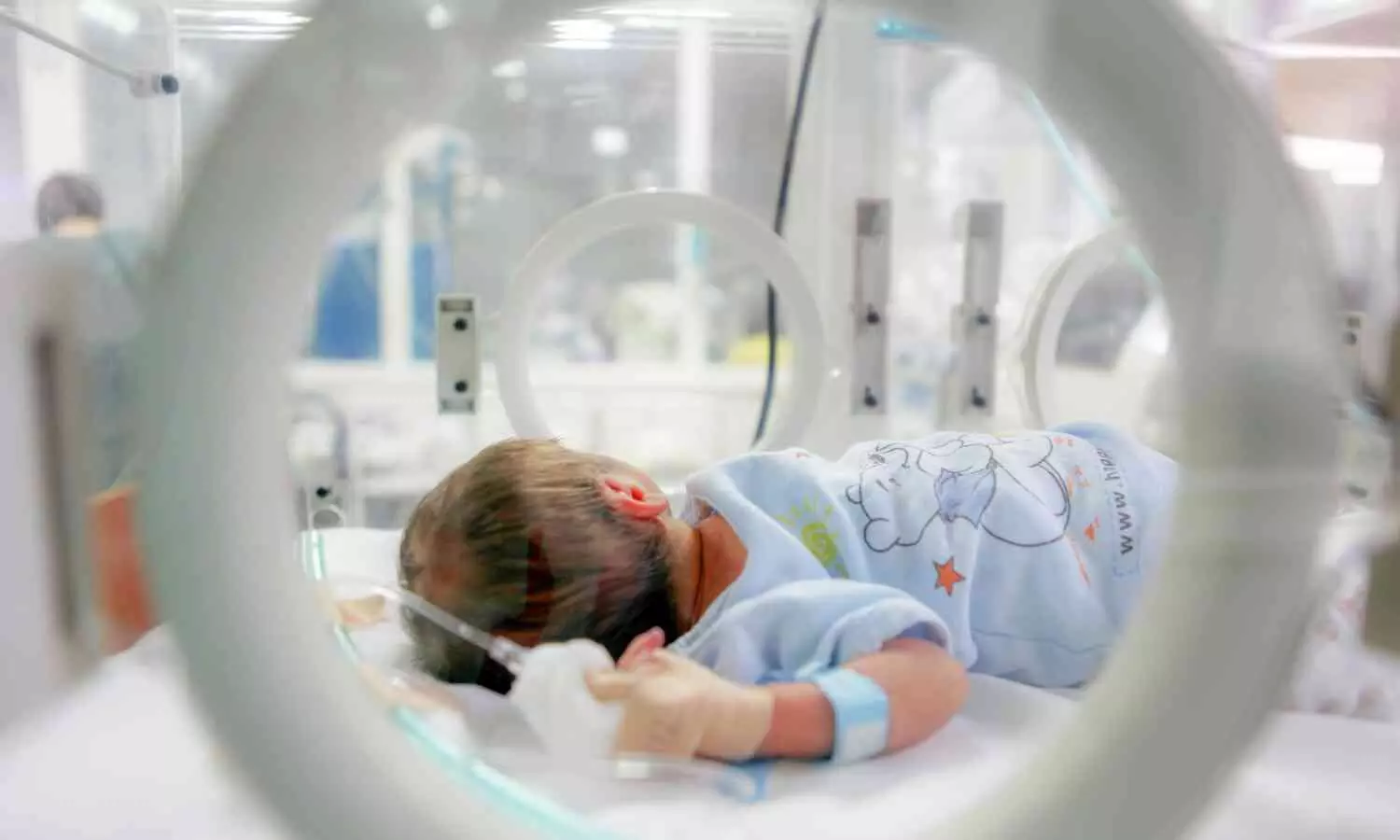Study: 20% of Newborns with Seizures Might Develop Epilepsy by Age One

New Delhi: A new Danish study has revealed that approximately one in five newborns who experience neonatal seizures will develop epilepsy by their first birthday. Researchers from Copenhagen University Hospital – Rigshospitalet analyzed data on 1,998 infants admitted with neonatal seizures, underscoring the long-term neurological risks associated with these early-life events.
The study, published in the journal Developmental Medicine & Child Neurology, found that the cumulative risk of epilepsy among children with neonatal seizures was 20.4 percent—compared to just 1.15 percent in those without such seizures. Notably, 11.4 percent of affected infants were diagnosed with epilepsy before the age of one. An additional 4.5 percent received an epilepsy diagnosis between ages one and five, 3.1 percent between five and ten years, and 1.4 percent between ten and 22 years, suggesting that the heightened risk persists well into adolescence.
Neonatal seizures are one of the most common acute neurological conditions seen in neonatal care units. They are frequently triggered by acute brain injuries or stressors, including hypoxic-ischaemic encephalopathy, stroke, or cerebral infections. The study also highlighted that transient, reversible brain alterations of metabolic or toxic origin can provoke seizures, though congenital brain malformations and genetic disorders are also recognized contributors.
The researchers identified several risk factors associated with the development of epilepsy in these infants. Newborns who experienced stroke, hemorrhage, or structural brain malformations—and those who scored low on the Apgar test—were at particularly high risk. While children with perinatal asphyxia (oxygen deprivation at birth) also showed an increased risk, the highest risk was seen in those with cerebral malformations or perinatal brain injury. Additionally, the study found that survivors of neonatal seizures were more prone to developing febrile seizures, though these were less common than epilepsy.
“Our study highlights that there are risk factors that may be used to identify infants for tailored follow-up and preventive measures,” stated Jeanette Tinggaard from the research team. She also noted that, importantly, four out of five newborns with a history of neonatal seizures did not develop epilepsy, suggesting that further research into genetic predispositions is warranted.


